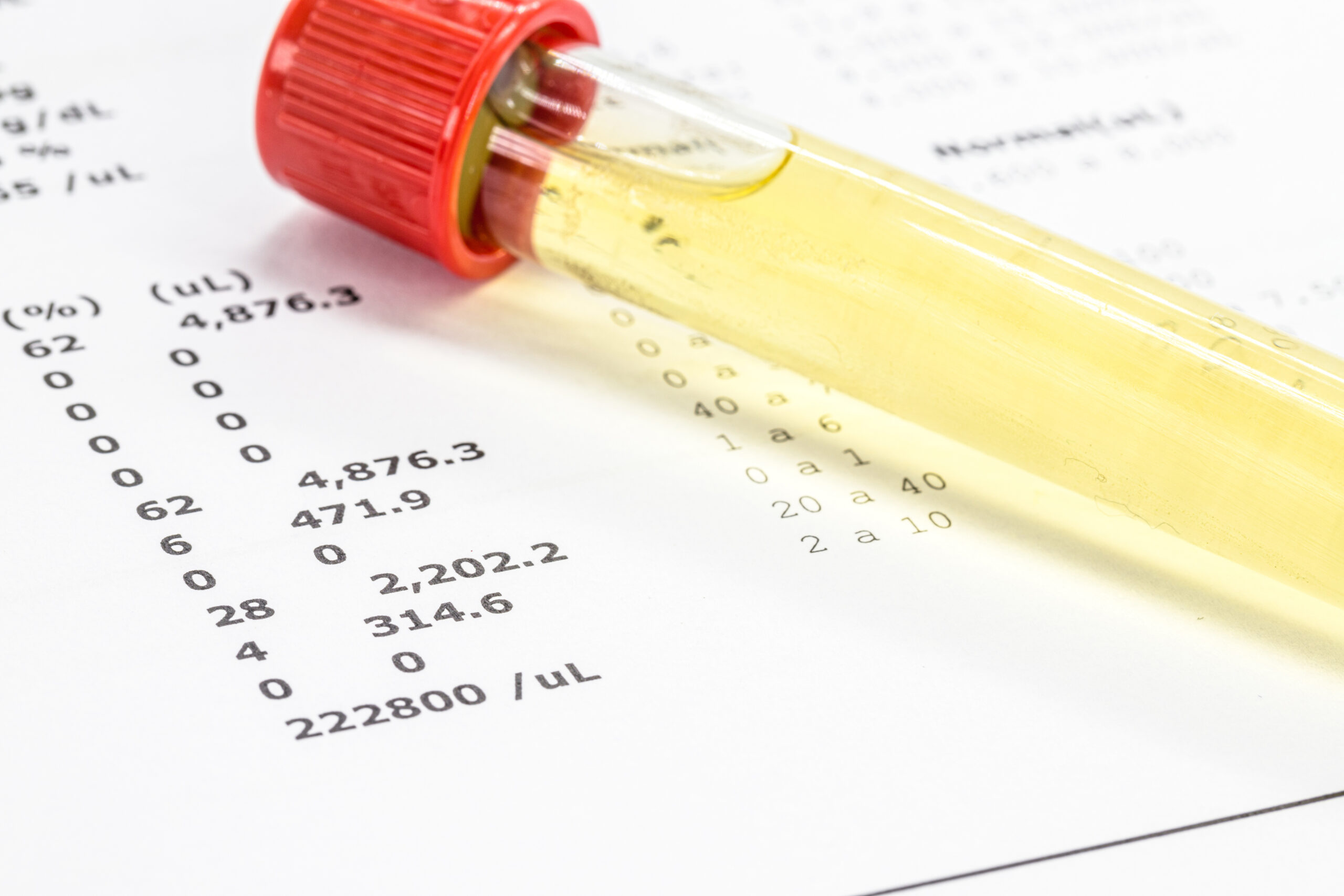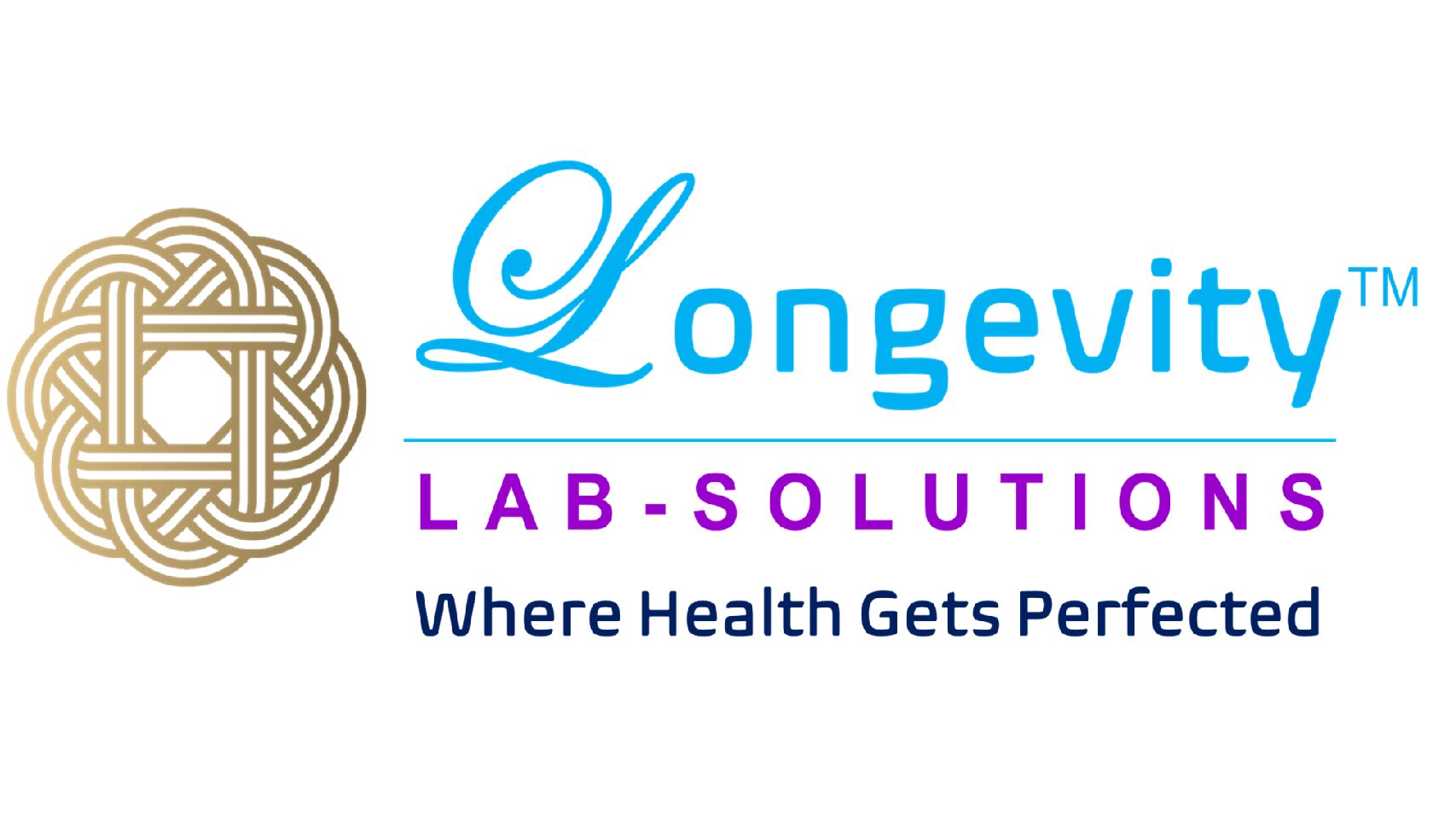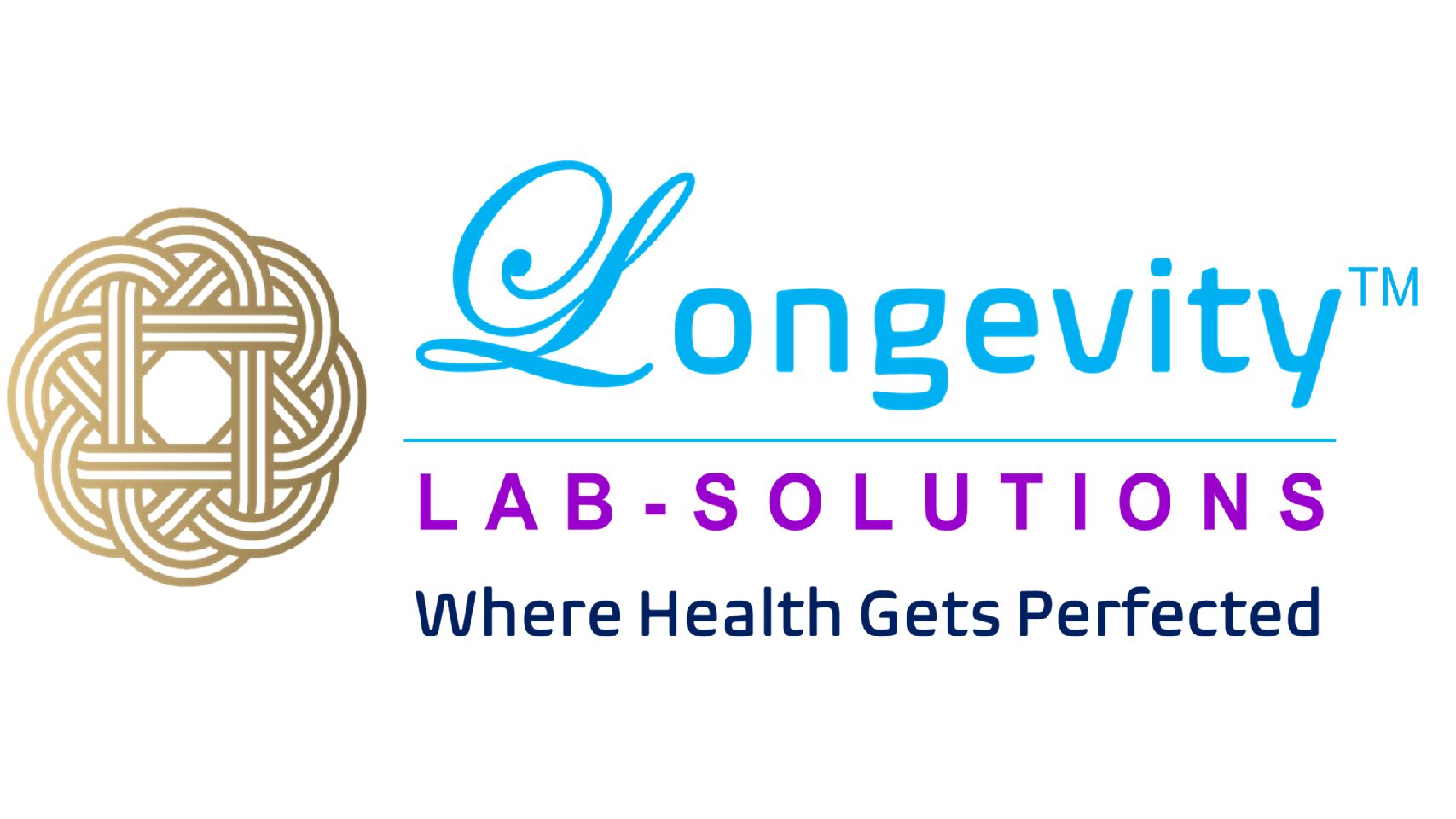Urine Toxicology
Early detection of drug use to facilitate timely intervention and treatment. Helps ensure compliance with treatment plans and supports workplace safety by identifying employees who may be impaired

Urine Drug Screen
Urine toxicology for drugs of abuse is a common diagnostic test used to detect the presence of various substances in a person’s urine. This type of test is often used in medical settings, workplaces, and legal situations to screen for the use of drugs or to monitor individuals who are undergoing treatment for substance abuse. Here’s an overview of what you might need to know:
Purpose of Urine Toxicology Testing
- Screening for Substance Abuse: To identify the use of illegal drugs or the misuse of prescription medications.
- Compliance Monitoring: To ensure adherence to treatment plans for individuals in drug rehabilitation programs.
- Workplace Drug Testing: To meet regulatory or company policy requirements.
- Medical Diagnosis: To assist in diagnosing medical conditions or overdoses.
Drug Classes Tested:
- Amphetamines
- Barbiturates
- Benzodiazepines
- Buprenorphine
- Cannabinoids
- Cocaine
- Fentanyl
- Methadone Metabolite
- Methamphetamines
- MDMA (Molly / Ecstasy)
- Opiates
- Oxycodone
- Phencyclidine (PCP / angel dust)
- Tricyclic Antidepressants


